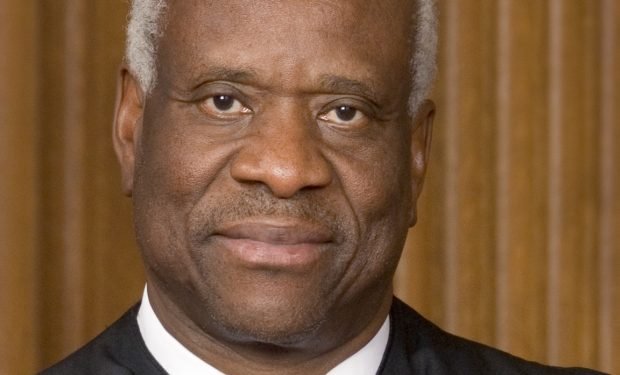On his personal social media network TruthSocial this weekend, President Donald Trump shared a single sentence that proclaimed a monarchical vision of the power he believes he holds in the executive branch of government.
Cheered by MAGA loyalists and decried as “un-American” by those objecting to the executive branch power claim, Trump posted: “He who saves his Country does not violate any Law.”
The quote, which the President’s detractors characterize as a pretext for the execution of an authoritarian playbook, is reminiscent — as media figures have pointed out — of a famous quote often attributed to the French militarist emperor Napoleon Bonaparte.
Presented as a justification for extraordinary actions in times of national crisis, the same sentiment has been invoked to curtail freedoms at various times during U.S. history, notably in famous cases like moves made after September 11 enabling the acceleration of a national surveillance state and the internment of Japanese Americans during the Second World War.
View on Threads
While most of the media coverage surrounding Trump’s controversial statement has focused on its purported roots in Napoleonic lore, former federal prosecutor Glenn Kirschner identifies a more recent citation for its authorship — and one that would be much more familiar to Trump.
Kirschner points to the Supreme Court decision in Trump vs. The United States where in a 6-3 vote the conservatives on the Court granted Trump broad presidential immunity from prosecution for any acts committed while performing the official duties of President.
Addressing Trump’s claim, Kirschner contends that “the sad fact is this lawless pronouncement by Trump is damn-near a quote from the democracy-busting presidential immunity ruling from a compromised Supreme Court. This is PRECISELY why Justice Sotomayor (joined by Justices Kagan & Ketanji Brown Jackson) said, ‘With fear for our democracy, I dissent.'”
The majority opinion in the case, written by Chief Justice John Roberts, was criticized by the Brennan Center as “unfounded in both history and legal precedent,” while saying “the decision poses a risk to our system of governance.”
Even the deeply conservative Cato Institute titled an article on the SCOTUS decision: The Court Went Too Far on Presidential Immunity.
Roberts wrote in the majority decision that even less-than-core authority is immune, saying that “unless the Government can show that applying a criminal prohibition to that act would pose no ‘dangers of intrusion on the authority and functions of the Executive Branch.'”
